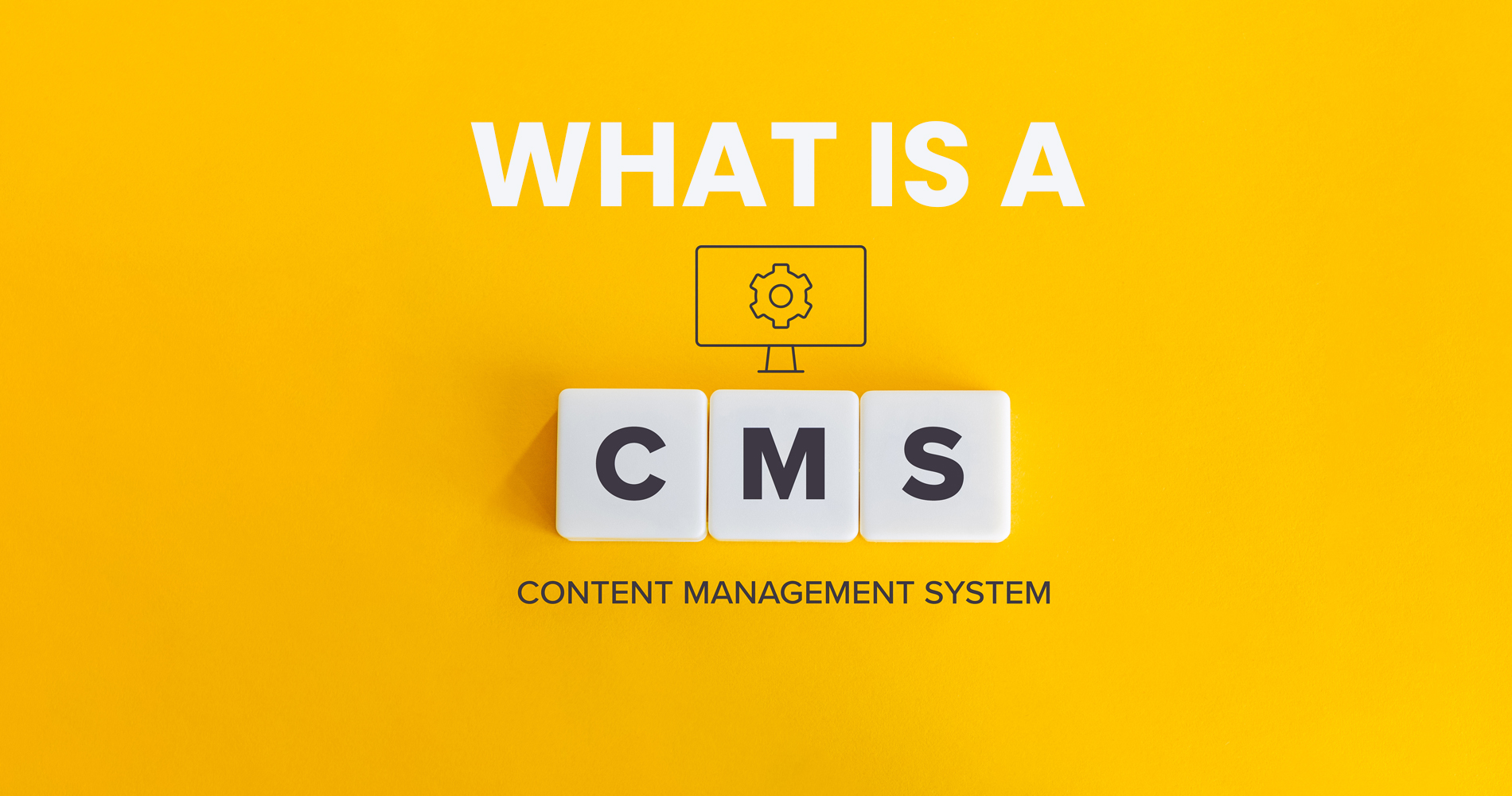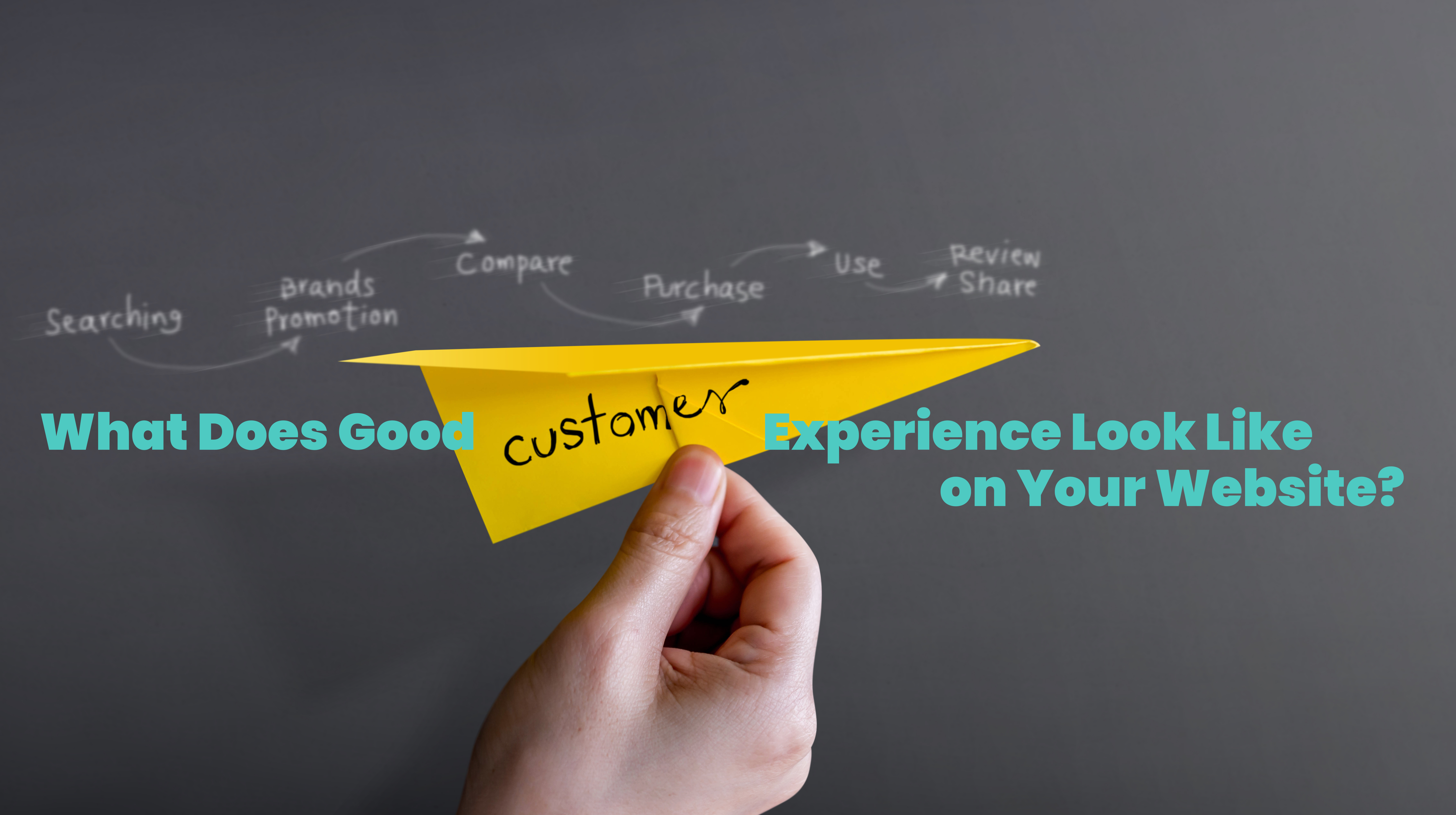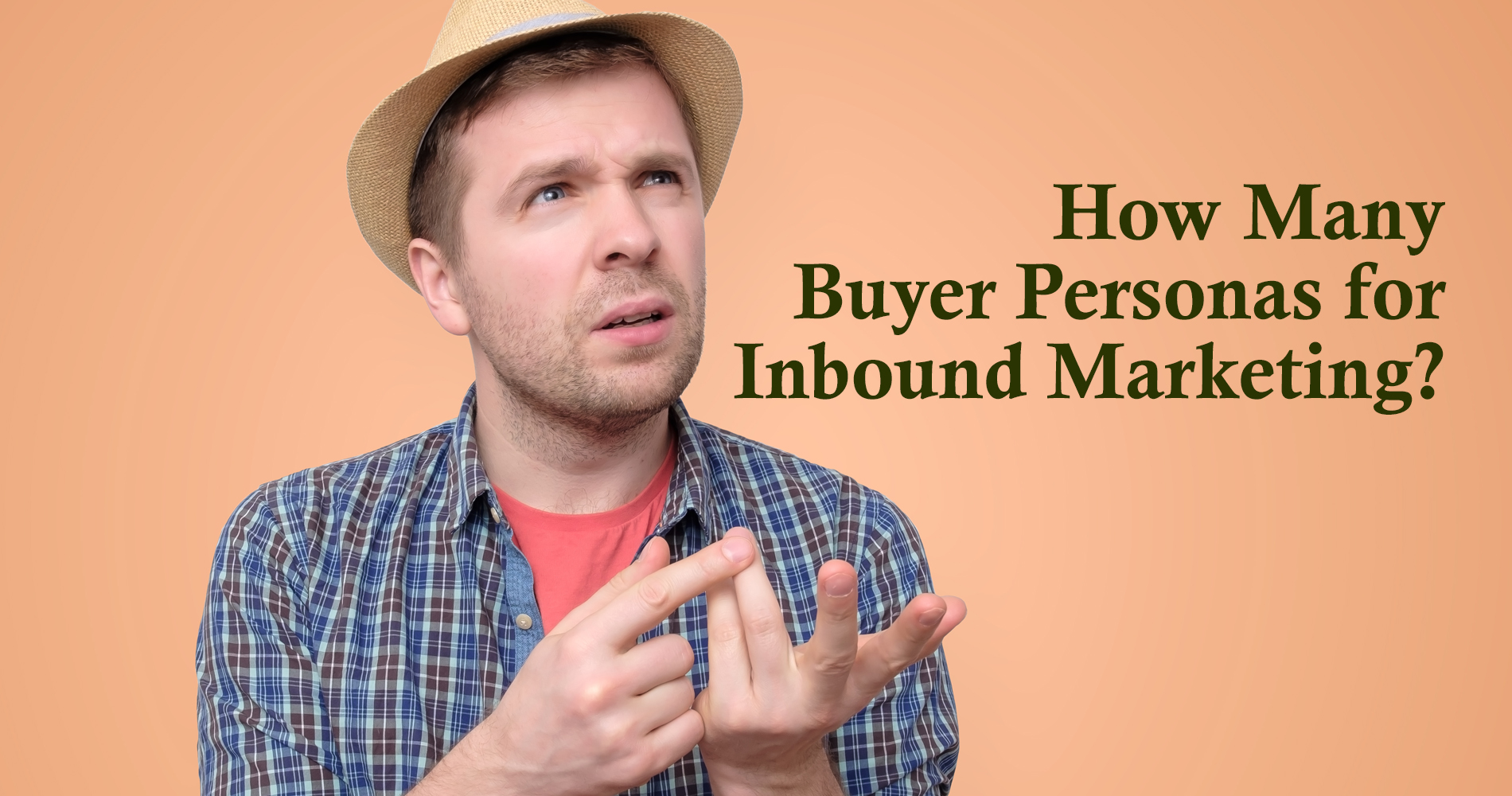HubSpot provides a powerful platform for building websites of all types. Marketing. Sales. Support. All three are inextricably linked to the growth and success of a company. Therefore, a business website needs to cover all three pillars to scale.
If you’re looking for a more comprehensive way to market your business online, it’s important to understand that free, off-the-shelf content management systems such as WordPress, Wix and Joomla, just aren’t going to cut it. What you need is an all-in-one lead generation and marketing platform built specifically for companies. In the past, it would take months (if not years) to develop a custom solution, but now companies like HubSpot offer affordable and easy-to-use marketing software that brings together the best practices for generating leads and sales.
Overall, HubSpot provides a full suite of CRM, marketing, sales, and social capabilities harnessed in the CMS. For website owners, this is a huge benefit. CRM systems are often thought of as tools for salespeople, but your website is the first place your leads will touch. If your website is a messy, disorganised space, there's a good chance you're saying a lot about your business through that impression. HubSpot views your website as a CRM tool (a CRM tool, mind you, that's more user-friendly than many actual CRM tools). For example, HubSpot makes it easy for you to track your leads' activity on your site. If a visitor viewed three pages but didn't purchase anything, you'll know where your work is being done. HubSpot also allows you to segment your leads, so you can further identify which ones are looking at or purchasing your products.
HubSpot CMS is available as a standalone product. This CMS can be implemented right away and scaled to meet your business's needs as it grows and changes. The importance of having a good website cannot be overstated. Here's why your website needs to be equipped with the right tools if you want to attract and convert visitors into leads...
What Makes Your Website So Important?
Today, most people simply turn to the Internet to do their research before taking the plunge and paying for their goods or services. Seeing as how 81% of shoppers do their research online, this is hardly surprising. Also, more people are making their decision to buy right then and there, without bothering to contact your business directly. 90% of buyers will make their buying decision as they conduct their product research, and a whopping 48% of sales take place on mobile devices.
In today's market, buyers are more informed and have more resources available to them than ever before. Potential customers want to learn about your company, its products, services, and/or solutions. Your website should provide visitors with informative and thought-provoking content that helps them find solutions to their problems. Your website is key in modern purchase processes - it needs to be convincing enough to make customers want to buy from you.
A website alone does not suffice, however. It is crucial to keep your website in mind during marketing and sales activities.
Is a new website necessary for your business?
If your website is not performing as well as you would like it to, it may be time for an assessment. You might need to replace your CMS, or you might need to redesign your website entirely. However, before you make that decision, look at your website and ask yourself the following questions:
- Is Your Website Easy to Find?
A website is a key part of any business's marketing and sales activities. If potential customers can't find your website online, you'll have a tough time generating traffic and getting more customers. Fortunately, there are plenty of things you can do to optimise your website and improve its ranking on SERPs. Creating high-quality content, gaining inbound links, optimising your web pages for specific keywords and much more will all help to get your website more visible online.
- How User-Friendly Is Your Website?
Despite having an optimised website, you might be wondering how its design appeals to your target audience. Here are some things to consider: does it look modern and sophisticated? Is it easy to navigate and appealing? Are visitors able to engage with high-quality content on the site? All your efforts to optimise your website for search will be for naught if it's unattractive, dysfunctional, and/or outdated, as your website visitors will immediately leave. Keep in mind that each page or piece of content on your website serves to provide your visitors with valuable information. They should see these features included in the content they read.
- How Product-Focused Is Your Content?
Your website is a reflection of your brand! It should be consistent in the way its style of writing, the way its content is written, and the way its colors are used. If your website is a puzzle piece that doesn't fit, Google will be unable to index it correctly and people won't be able to find it in any search engine. This isn't only an issue if you're losing potential customers- it's also an issue if you're losing potential employees! You might want to consider simplifying your message if you can't explain it to a fourteen-year-old.
Second, you need to focus on creating content that demonstrates you understand your visitors' business and the challenges they face. Rather than just focusing on your products and services, use language that is specific to your visitors' industry and create content that addresses their problems. As a website owner, your content should serve the purpose of educating your visitors, helping them out, and building trust between you and them.
- What Is the Business Impact of Your Site?
A website that only offers 'contact us as the only way to engage with website visitors will lose out on potential leads. Buyers are at different stages of the purchase journey at different times. Keeping this in mind, your website should offer your visitors several ways to interact with your business based on this consideration. Calls-to-Actions (CTAs) are designed to encourage website visitors to take specific actions, such as downloading an eBook, signing up for your blog, or downloading pricing - depending on their level of interest.
- Is Your Website Easy to Edit?
Your website needs to be editable. If your business launches new products or services, you'll need to be able to update your website regularly. This could be done by adding new pages, blog posts, or even just updating the language on your existing pages to reflect the new offerings. If you want to publish new content targeting specific keyword terms relevant to your target audience, you'll need the ability to edit your site's metadata and perhaps even the actual content itself. And if you need to add new modules, Call-To-Actions, landing pages and forms, being able to edit your website's code is important.
Summary
A website that can't keep up with a business's growth is impractical and will turn away customers. A site that's stagnant, with no new content, no engagement, and no other device support shows a lack of interest in generating leads or customers.
HubSpot is the world's leading marketing platform, powering inbound marketing for hundreds and thousands of customers, and is trusted by the world's most innovative companies. It is the easiest and most affordable way for businesses to compete in today's Internet-driven economy. The HubSpot team has built a comprehensive set of features to help your business succeed in the Internet economy. You can now create a custom website in minutes with a content management system that allows you to customise every page. HubSpot's award-winning tools help you to create a blog, manage social media, and analyse your web traffic. HubSpot also integrates seamlessly with your existing email system, thereby creating a 1-stop-shop for all your online marketing needs. Not only is the tool top-notch, but the support to get you up and running is unparalleled. The team behind HubSpot offers a 24/7 chat support feature and lifetime access to their community forum.




